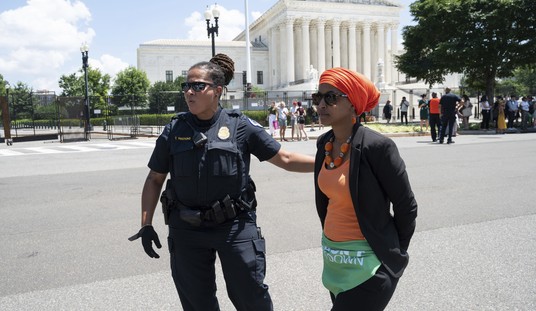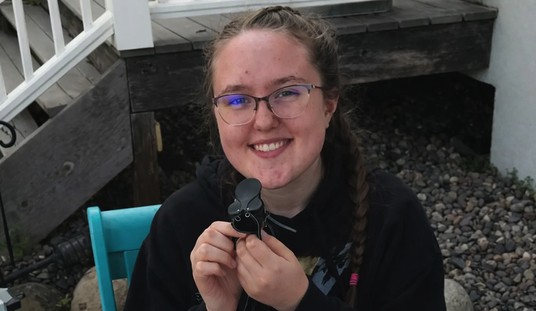Most of us start as renters in our first few homes. Anxious to be out on my own, when I graduated high school, I moved into the top floor of a house in Cedar Falls, Iowa, a one-bedroom affair with a downstairs bathroom, for which I paid the princely sum of $125 a month, plus 1/3 of the utilities. I was working at the Woolco in Cedar Falls at the time and could afford that. Besides, the lady who lived downstairs was a nurse who worked third shift, so there were no complaints about noise from nights when my buddies and I were hanging out there. It was a great place to start out in.
Years later, when we bought the big, rambling barn in Colorado that our kids grew up in, we kept our little 1,008 square foot starter home as a rental for a few years at our real estate guy's advice. Starter home prices were skyrocketing then, in the Denver area, and we made money - we had bought the house for $69,500, and sold it for $140,000, six years later. But that two years as a landlord were disheartening; dealing with professional tenants, liars, people who messed up the property and disappeared. While we still cleared a tidy profit, we were never happier than to see that house sold.
Here's the thing: Both of those transactions, my renting that apartment, and us renting our house, were our choices. We considered the options. We decided what to do.
These are choices that the United Kingdom's Green Party wants to eliminate or, at least, restrict, and we should watch this, because the American left would love to do the same thing here.
Party members at its conference in Bournemouth on Sunday passed a motion that makes seeking the “effective abolition of private landlordism” official policy.
Tenants would be given first right to buy when a landlord sells, with their “total rent paid discounted” and government-backed financing provided. Councils would be given second right to buy.
The party also wants to introduce rent controls, abolish Right to Buy for public tenants and end buy-to-let mortgages.
The British left, we see here, has a few things in common with the American left. First, they are economic illiterates. Second, they have no regard for private property rights. Third and finally, they think they can force a positive outcome for stupid policies merely by really, really wanting them to work. We know these policies won't work, we know they will in fact make things worse, but the Greens want them, so they try anyway.
Carla Denyer, Green MP for Bristol Central, sought to play down the new policy, saying: “While the motion to conference had an eye-catching name, it does not actually ‘abolish’ landlords.
“It does however address the housing crisis, empowers tenants and improves their wellbeing.”
The housing crisis in Britain, just as in many of our major metropolitan areas here, is caused by policies just like this. It "empowers tenants," by restricting landlords - by which, we mean, the people who actually own and maintain the properties. As for improving the well-being of tenants, that well-being will not be improved when property owners start yanking properties off the rental market.
Read More: The Downfall of America's Cities: San Francisco's Black Market in Housing
Florida Rental Vacancies Rising Due to Outmigration - and That's a Good Thing
Remember that starter apartment I described above? That one that was such a great leap for an 18-year-old looking for his first place? In that case, as with several other places I rented over the years, with my first wife, on my own after that ended, and again with my current (and final) wife, our landlords were local people. I was 30 years old before I was settled and well-off enough to buy a house, that starter home I mentioned above. But in that first apartment and in the others that followed, I knew my landlord. If I needed something fixed, he was a phone call away. In that wonderful first party pad, while I was working at Woolco, I got my pay every Friday, in cash, in a brown paper envelope, and once a month, I took an envelope containing my rent and my share of the utilities in cash to my landlord's house, and he wrote me a receipt.
But policies are making renting more difficult, less profitable, and more complicated. Policies that favor renters over property owners are driving people like this out of the rental market. Big corporations are taking over what rentals are still available. Small rental properties, like houses, are still largely owned by private individuals in the USA, but that's been changing over the last few years. This will, inevitably, drive rental prices up.
How long will small mom-and-pop landlords keep renting as that business model becomes more and more difficult, and less and less profitable? How many rental properties, if they stay on the market at all, will be taken over by big, impersonal corporations, where it may take a month to get a leaky toilet fixed?
As always, though, the British Greens care nothing about private property rights. They don't care that their ideas are nonsensical, that not only will they not work, they will have the opposite effect intended. The Greens don't care. Their agenda isn't about prosperity. It isn't about enabling people to climb the economic ladder. It's all about envy, about entitlement, about restriction and regulation.
Our own homegrown socialist cadres would love to do the same thing here. As I am continually writing, watch Europe, watch the United Kingdom, because what their leftists do there, our leftists will want to do here. That's why our elections, at all levels, are now perhaps more important than they have ever been, since the founding of the republic.














